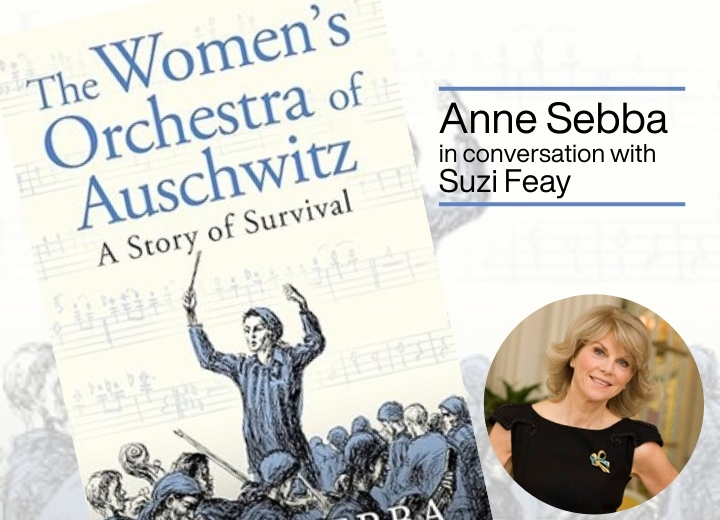The first book to tell the full, astonishing story of the women who played in the orchestra at Auschwitz, published to commemorate the 80th anniversary of the liberation of the concentration camps.
In 1943, German SS officers in charge of Auschwitz-Birkenau ordered that an orchestra should be formed among the female prisoners.
Almost fifty women and girls from eleven nations were drafted into a hurriedly assembled band that would play marching music to other inmates, forced labourers who left each morning and returned, exhausted and often broken, at the end of the day.
While still living amid the most brutal and dehumanising of circumstances, they were also made to give weekly concerts for Nazi officers, and individual members were sometimes summoned to give solo performances of an officer’s favourite piece of music. It was the only entirely female orchestra in any of the Nazi prison camps and, for almost all of the musicians chosen to take part, being in the orchestra was to save their lives.
What role could music play in a death camp? What was the effect on those women who owed their survival to their participation in a Nazi propaganda project? And how did it feel to be forced to provide solace to the perpetrators of a genocide that claimed the lives of their family and friends?
Award-winning historian Anne Sebba draws on meticulous archival research and exclusive first-hand accounts to tell the full and astonishing story of the orchestra, its members and the response of other prisoners for the very first time.

